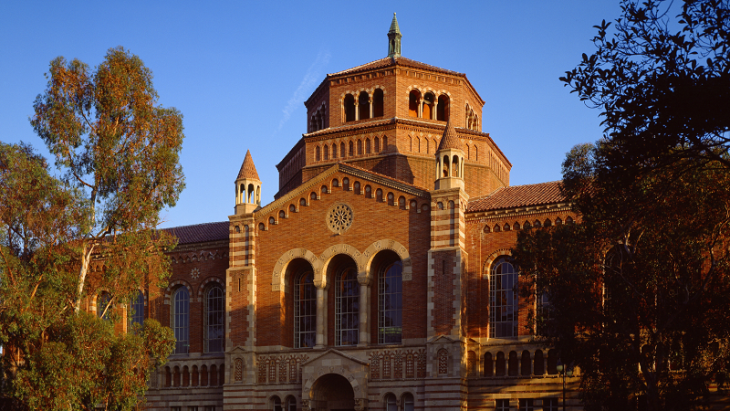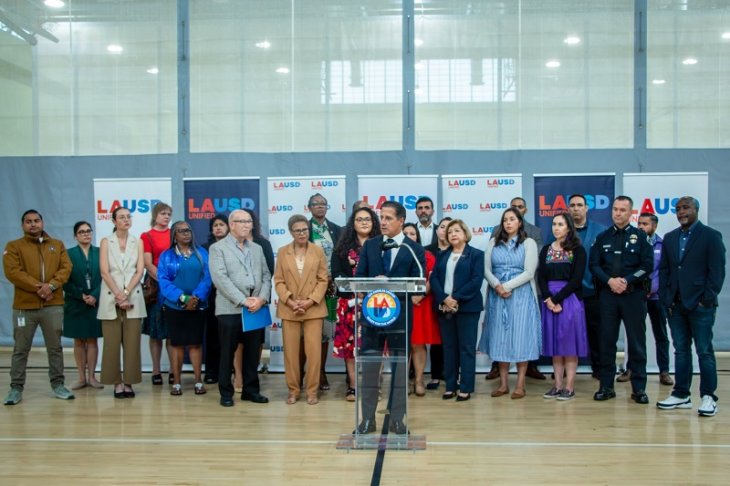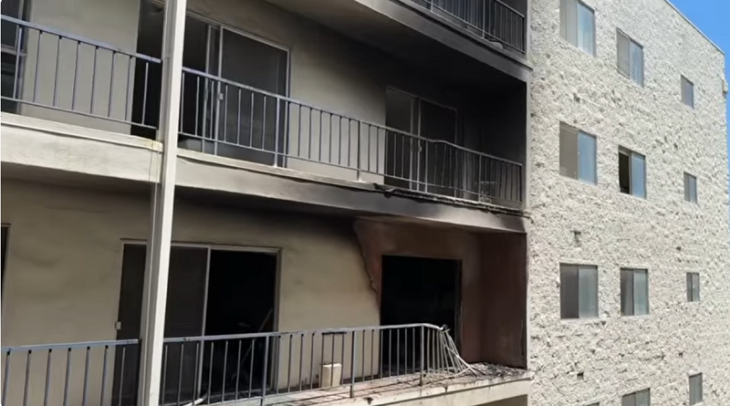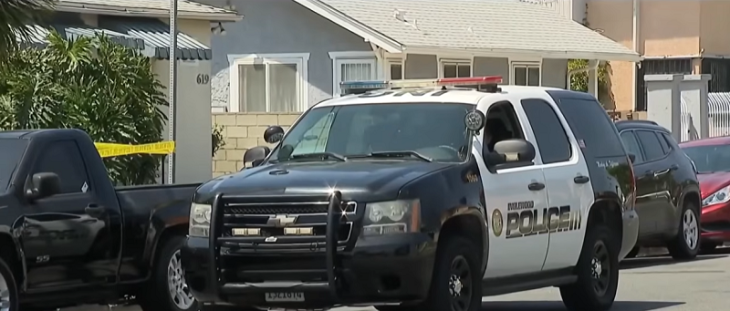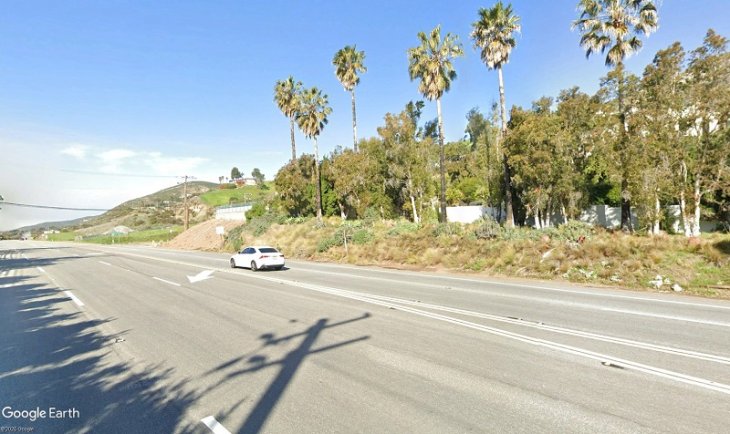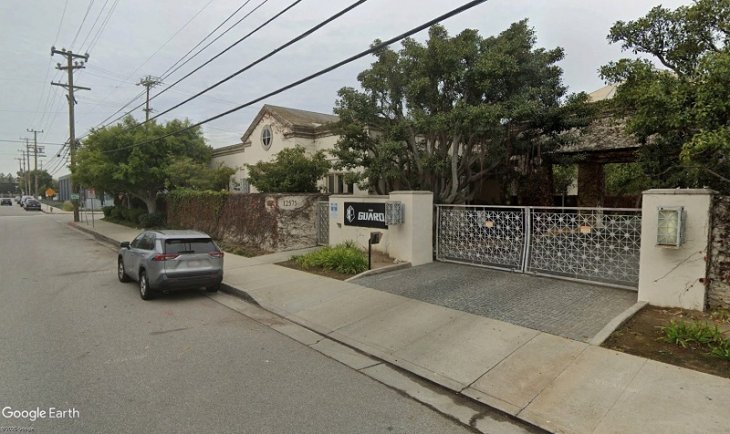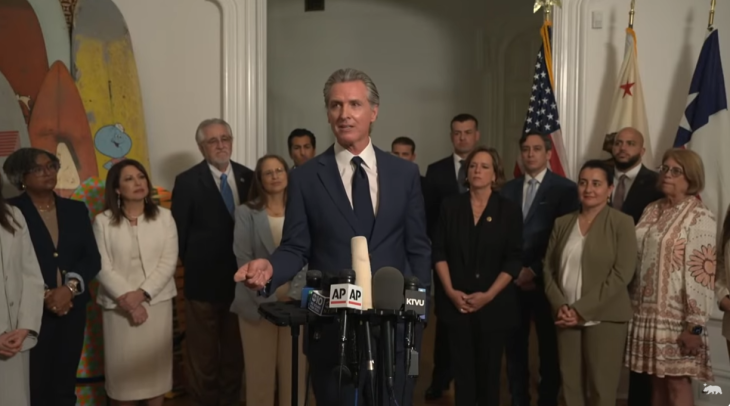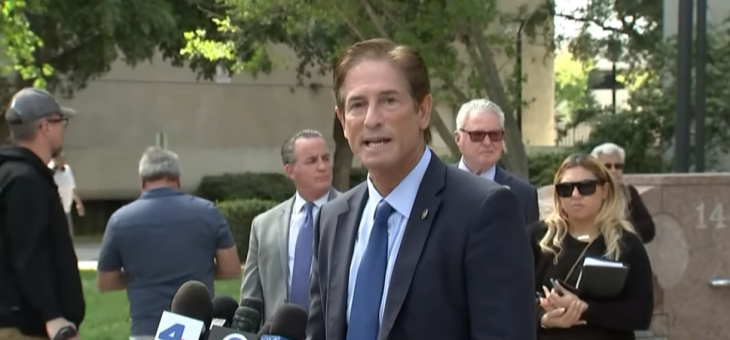A proposal to raise the minimum wage for some Los Angeles hotel workers to $15.37 would eat into profits, likely leading to jobs being cut, according to a report to be discussed by a Los Angeles City Council panel today.
Hotel owners may respond to the wage increase by deciding to reduce staff sizes, close less profitable sites, or replace employees with automated kiosks, according to the report released Friday.
Prepared by Blue Sky Consulting Group, an economic consulting firm, the report said if hotel proprietors do try to cut costs, any increase in local economic activity stemming from the higher wages of workers “would be minimized.”
The report’s authors added that over the long term, “economic activity could be reduced if investment in new hotels is diminished or capital investments on the part of hotel owners are deferred.”
The Economic Development Committee is scheduled today to consider a recommendation to create an ordinance implementing the hotel worker wage increase and to hear a presentation on Blue Sky’s report, which concludes there is an “inherent trade-off” in raising the minimum wage for workers in the hotel industry.
“Newly hired and current hotel workers who remain employed would likely see a benefit in the form of higher wages, as would businesses that sell goods and services to these workers,” the report said.
However, those “benefits would come at the expense of laid-off hotel workers or those not hired in the first place, as well as hotel owners who would see their profits decline,” according to the report.
Hotel workers also would be less likely than those in other industries — such as the fast food industry — to turn around and use their extra wages on hotels in Los Angeles, the report said.
Hotel Association of Los Angeles Executive Director Bob Amano and Los Angeles Area Chamber of Commerce President Gary Toebben said in a letter dated Monday to the Economic Development Committee that the report confirms their earlier warnings to elected officials, which was “that the unintended consequences of a mandated wage hike for L.A. hotels would be devastating.”
The Economic Development Committee in February ordered the report to be prepared after Councilman Mike Bonin, Nury Martinez and Curren Price Jr., who chairs the panel, introduced a motion proposing the increase.
Mayor Eric Garcetti came out in support of the plan, saying he would sign it if it gets approved the City Council.
Since then, Seattle has approved a $15 minimum wage, which will be implemented over three to seven years — depending on the size of the business — starting April 1.
Bonin told Video News West last week that Los Angeles should follow in Seattle’s footsteps, saying he has “always thought that’s what we need to be doing here in Los Angeles.” An aide for Bonin said in an email the councilman has looked at the report and “is considering its findings along with the other studies done on this matter.”
The proposed minimum wage increase would only apply to hotel workers at non-unionized hotels with at least 100 rooms, officials said.
Hospitality industry and business community representatives have also pointed to a report that indicates a similar minimum wage hike at hotels near Los Angeles International Airport led to the loss of 67 jobs. However, supporters of the wage increase argue that people who are paid higher wages will have more to spend in their local community.
Council members point to research by the Economic Policy Institute saying that raising hotel wages would result in more than $70 million for Los Angeles’ economy.
The California minimum wage is $8 an hour and is set to go to $9 in July and $10 by 2016. Voters in cities such as Long Beach and San Jose have opted in recent years to raise the local minimum wage above the state’s for all or some workers.
San Francisco, which in 2003 pegged its minimum wage to inflation, requires employers to pay workers at least $10.74 an hour.

